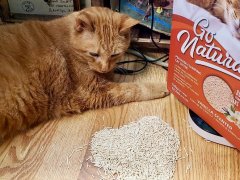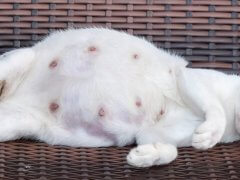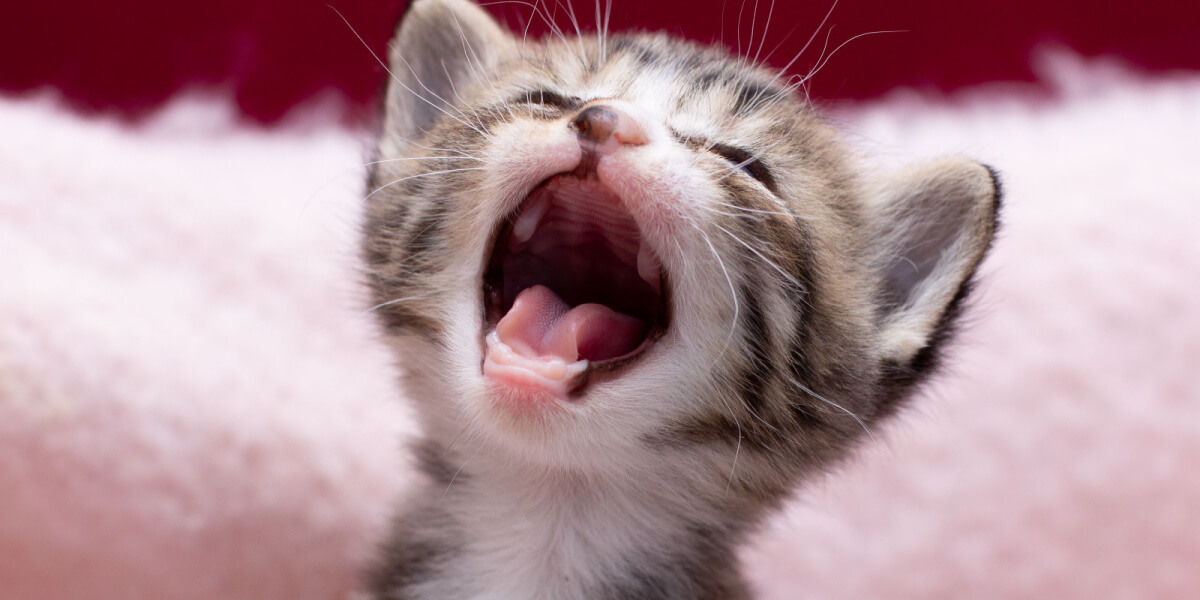
Just like humans, cats lose their baby teeth as they grow up and develop into adults. So, if you notice your kitten losing their teeth, it’s nothing to worry about. Teething is a normal process, but it can also be a challenging part of being a new kitten parent.
Kittens have 26 deciduous (baby) teeth, which they lose at 3-4 months of age. Teething is a normal part of a kitten’s development, and is often the cause of excessive chewing and sore gums. You can help your kitten through the teething process using various methods of distraction and providing the right toys to soothe their sore gums.Key Takeaways
Getting through this period of your kittens’ development is made a whole lot easier if you know what to expect and how to help your kitten.
Also Read: Why Do Cats Lose Their Teeth?
When Do Cats Lose Baby Teeth?
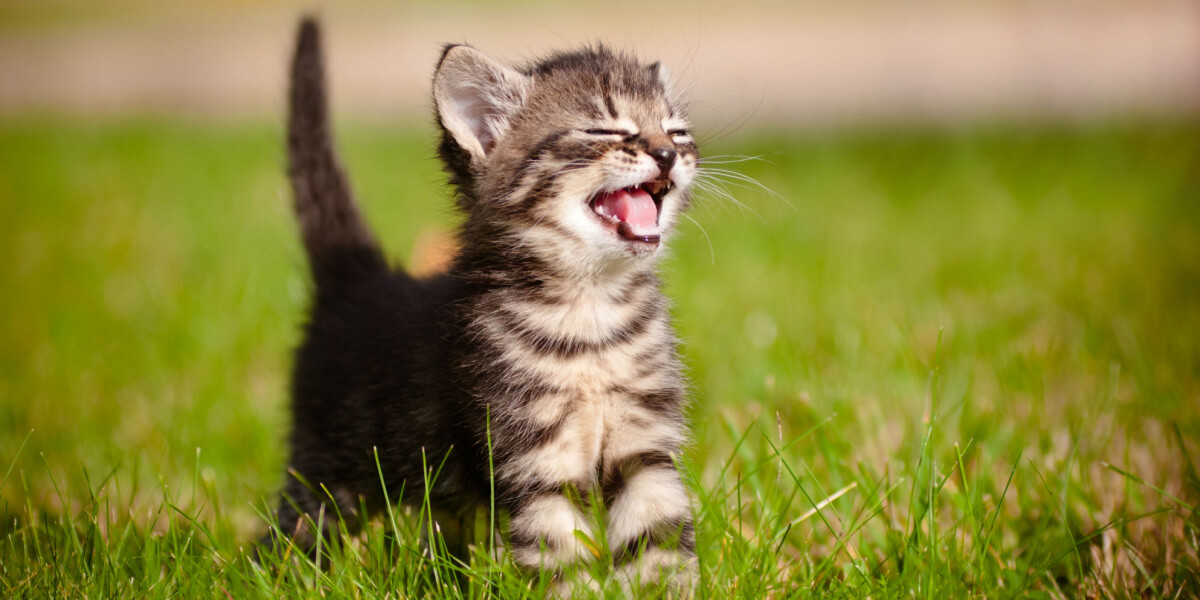
Kittens lose their baby teeth from around 3 months of age.
Kittens have 26 teeth known as deciduous teeth. At around 12 weeks of age, your kitten will start to lose these teeth, and you may not even notice it happening. They won’t lose all their teeth at once, but between the ages of 3-4 months your kitten will lose their deciduous teeth, and by 6 months of age they should have a full mouth of 30 adult teeth.
Once the milk teeth have fallen out, your kitten will get their adult incisors through first usually at around 3-4 months of age, as typically these are the first of the milk teeth to come out. Next, they will get their canines at 5 months and their premolars and molars at the later age of 4-6 months.
1. Teething
The term teething refers to the completely normal behaviors around tooth loss in kittens when their milk teeth fall out and their permanent teeth start to come through. Often, kittens lose their teeth when they are eating or playing so you may not even notice the teeth falling out, as most often your kitten will swallow the tooth.
Don’t worry, it’s completely harmless! But sometimes you might find a tooth on the floor where your cat has been playing, or a small amount of blood on a toy they’ve been chewing.
Common signs of kitten teething include:
- Decreased appetite
- Excessive chewing
- Bleeding gums
- Sore or red gums
- Pawing at the mouth
- Drooling
Also Read: How To Brush Your Cat’s Teeth
2. Teething Problems
Some cats breeze through the teething phase with no trouble at all, whilst other cats suffer from some problems. Teething nearly always causes some amount of discomfort for your cat, as wobbly teeth can make eating harder, and when the adult teeth come through this can irritate the gums and cause some pain in their mouth.
If you notice your cat is struggling and has excessive bleeding from the gums, is struggling to eat, or their behavior has changed then it’s important to speak to your usual vet and get your kitten checked over.
Also Read: Dental Disease In Cats: Causes, Symptoms, & Treatment
How To Help Your Teething Kitten
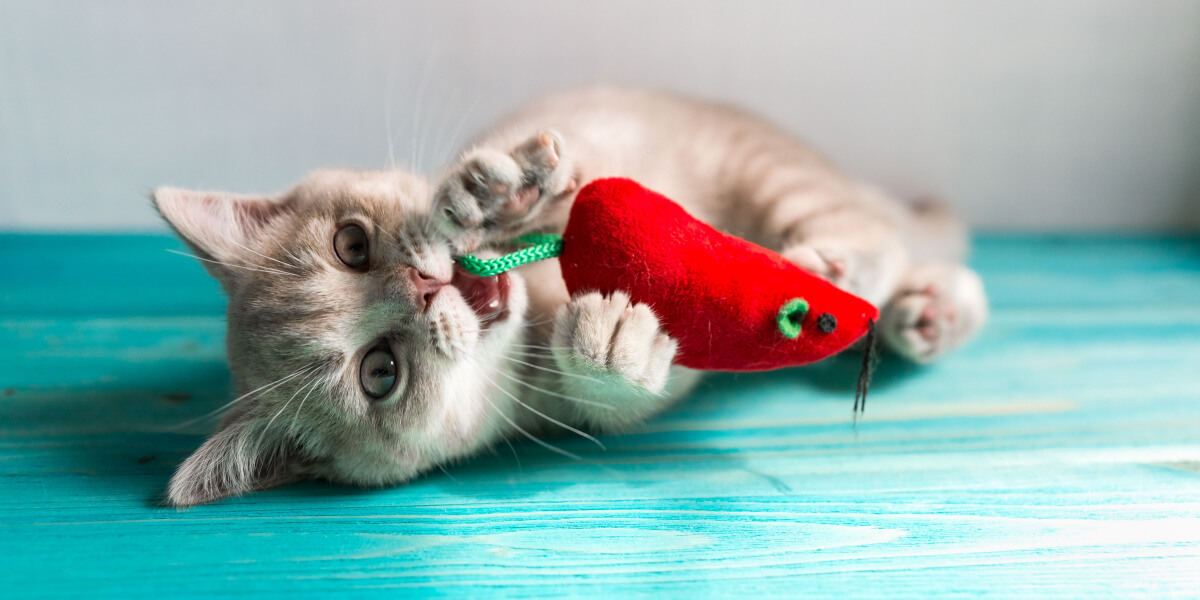
Chew toys can help kittens who are teething.
Kitten teething can be a frustrating time, but there are lots of ways you can help your kitten to feel more comfortable throughout the teething process.
1. Give Your Kitten Something Safe To Chew
We all know how cheeky kittens can be and how much they love to chew on anything they can get their little paws on. But it’s important to make sure your house is kitten-proof. Tucking away loose wires, closing the door to certain rooms, and ensuring there are no loose or small objects around that could harm your kitten can help avoid problems, as well as protect your home!
Kittens love to chew on both soft and harder toys, and chase string toys. Always supervise your kittens’ playtime to make sure they don’t swallow any loose parts. There are even chew toys designed specifically for teething – often these toys can be frozen which can be soothing for your cat’s sore gums. Soft plastic or rubber toys often work well for teething. Always remove and dispose of any damaged toys.
Also Read: What To Do If Your Cat Chews On Everything
2. Distraction
Kittens need plenty of mental and physical stimulation to keep them out of trouble. If your kitten is chewing excessively or constantly pawing at their mouth due to teething pain, it can be helpful to use a bit of distraction to take their mind off it.
Play some extra or new games with your kitten, this can also help to strengthen your bond. Providing scratching posts, catnip, and other toys to keep them occupied should help to deter them from chewing on other things in your home!
Also Read: The 12 Best Cat Toys: Keep Your Cat Fit And Happy With These Irresistible Toys
3. Use Positive Reinforcement and Never Punish Your Cat
Never punish your kitten for chewing (or any other unwanted behaviors), as it can do more harm than good. Punishment can make your kitten frightened of you, or lead to stress. You should always use positive reinforcement and repetition to establish and reward good behavior.
Using lots of positive words in a happy and friendly tone, or a treat/food reward when your cat plays with their toys will help them to understand that this is the right thing to chew and not your furniture. If you do find your kitten chewing things they shouldn’t, simply remove them from that place and swap it for a toy of their own.
Also Read: How To Discipline A Cat The Right Way
4. Establish a Good Dental Hygiene Routine
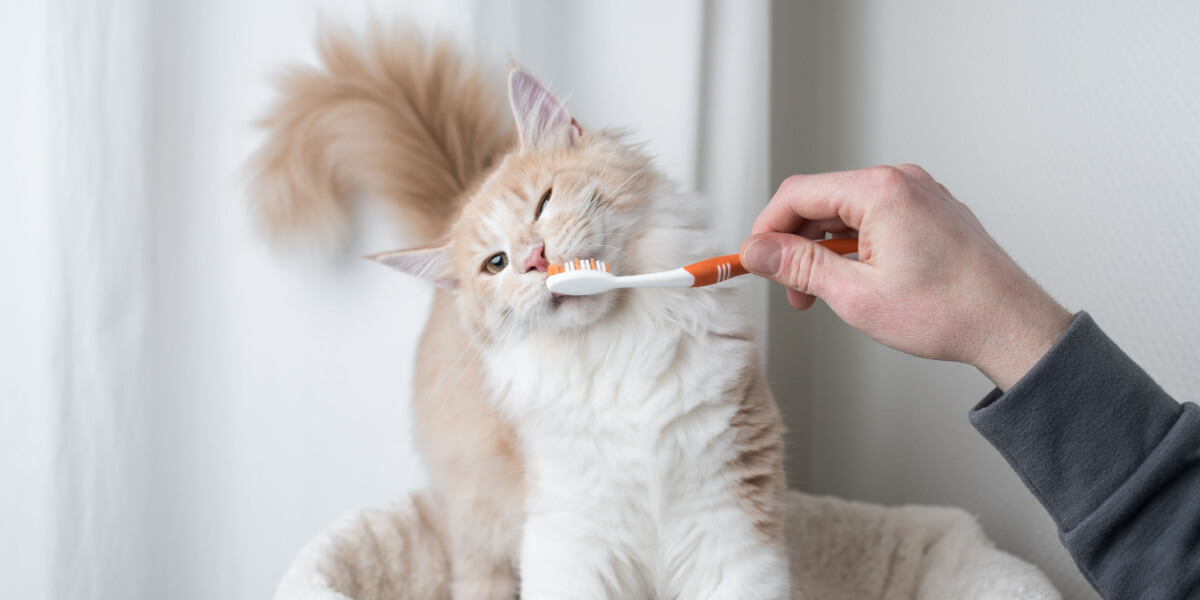
Regular toothbrushing is recommended for all cats, starting at an early age.
Good dental care is very important for cats and will help prevent dental issues in the future. The best time to get into a good routine is when your cat is very young. You should regularly check your kitten’s mouth so they get used to you touching and looking inside their mouth. It’ll help you spot any problems as well as be a good bonding exercise for you and your kitten.
If your kitten will allow it, you can even brush their teeth using a toothbrush and toothpaste designed for cats. Your DVM can help guide you on this, and you’ll need to introduce the process slowly. But brushing your cat’s teeth regularly will help prevent bad breath, tartar and plaque build-up, and protect against gingivitis and dental disease in later life.
When To Worry
Most cats get through the teething phase with little to no trouble, and it’s completely normal for them to have slightly sore gums and want to chew on everything they can get their paws on. But if the chewing is excessive, or you notice your cat has particularly sore gums or is bleeding a lot then it’s important to get them checked by your usual vet. Sometimes, painkillers might be needed to keep your kitten comfortable.
Also Read: Cavities In Cats: Causes, Symptoms, & Treatment
Persistent Deciduous Teeth
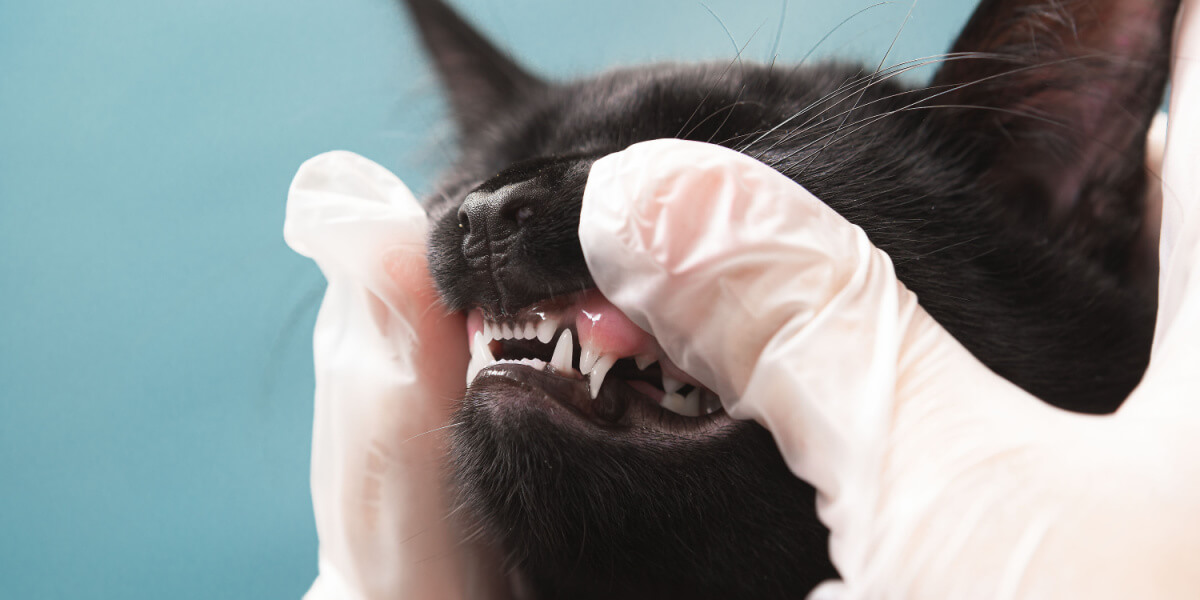
If baby teeth remain after the adult teeth come through, they can cause problems.
Occasionally, for reasons unknown, kittens don’t lose all their milk teeth and they stay in place after the adult tooth grows through. This is called a persistent or retained deciduous tooth. Usually, this tends to be the canine teeth. If the baby tooth stays in place, it can cause your cat some discomfort as they have an extra tooth in their mouth.
It can also lead to the displacement of the surrounding adult teeth. If you notice your cat has still got one or more of their milk teeth in place, it’s important to get it checked by your vet and discuss options for removing the tooth to prevent any discomfort or further dental problems.
Conclusion
If you’ve noticed your kitten losing their teeth or a bit of blood on their toys, this is completely normal. Kittens have 26 baby teeth to lose at around 3-4 months of age before their permanent adult teeth appear by the age of 6 months.
During this time cats will often chew excessively or have sore and bleeding gums, but you can keep your cat comfortable by providing the right toys and making sure they have plenty of distraction. If you notice anything abnormal or have any concerns about your cat’s dental health or behavior you should always consult your vet for advice.
Also Read: Feline Gingivitis: Causes, Symptoms, & Treatment
Frequently Asked Questions
How many teeth do cats have?
Kittens have 26 baby (deciduous) teeth in total. Adult cats have 30 teeth.
When do cats lose their baby teeth?
Kittens will lose their baby teeth at around 3-4 months of age, and by 6 months old they should have a full mouth of adult teeth.
Why is my kitten chewing all the time?
If your kitten wants to chew all the time at around 3-4 months of age then it’s like they are teething, as chewing often helps ease the discomfort associated with their adult teeth coming through. But it’s also important to speak to your vet to rule out other causes.
What are the signs of kitten teething?
Teething is usually characterized by an excessive desire to chew, sore or red gums, bleeding gums, pawing at the mouth, and sometimes a decreased appetite.
-
https://vcahospitals.com/know-your-pet/retained-deciduous-teeth-baby-teeth-in-cats
-
https://www.msdvetmanual.com/cat-owners/digestive-disorders-of-cats/dental-development-of-cats

